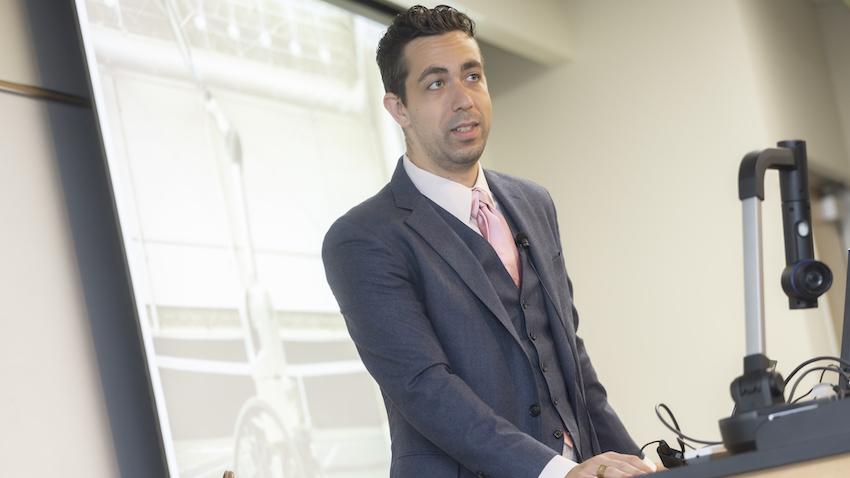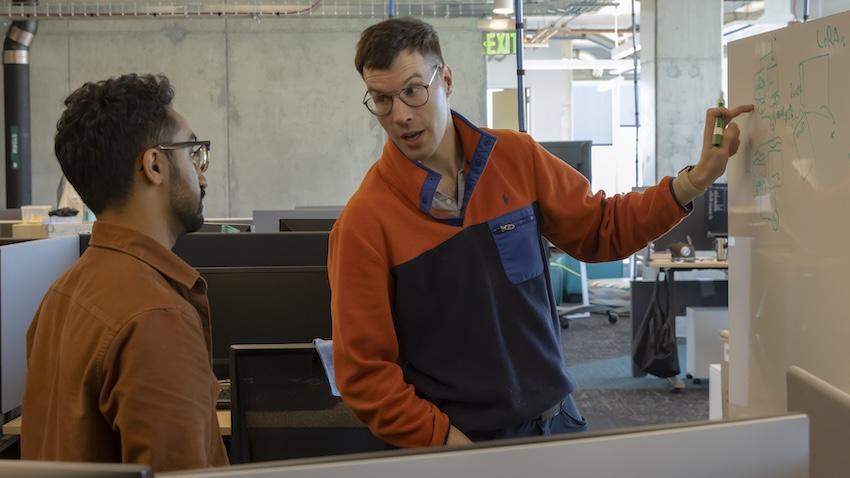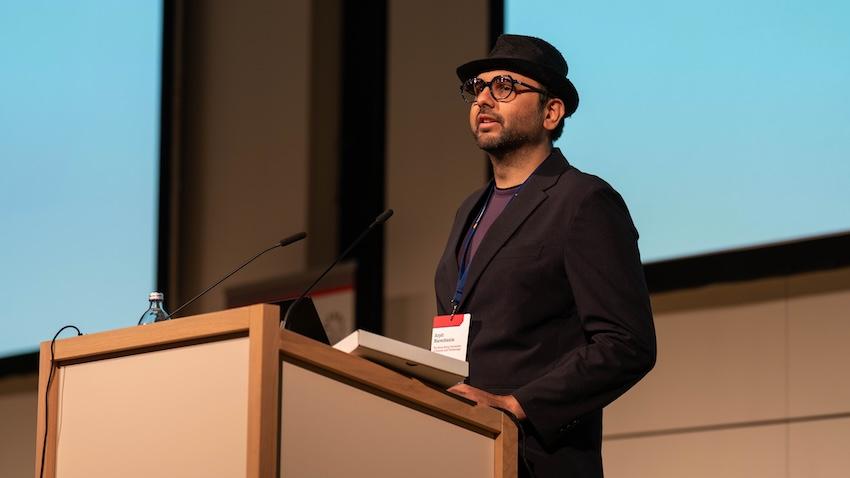
NSF Award to Launch Study of How Older Adults Interact With Robots
With the number of older adults in the U.S. population rising and straining the systems in place to take care of them, Matthew Gombolay sees a solution — robots.
Gombolay received a National Science Foundation (NSF) CAREER Award for research that could make assistive robots the standard of care for older adults. The award is the most prestigious the NSF offers to early-career faculty.
“When people age, they deserve to age with dignity and not just be locked away,” said Gombolay, an assistant professor in Georgia Tech’s School of Interactive Computing. “If you don’t have enough resources or access to home nurses or adult children who have extra time to take care of you, what’s going to happen?”
Gombolay will receive nearly $600,000 to collect the largest data set of its kind on how older adults interact and communicate with assistive robots. Gombolay will then use that data to create algorithms that can be deployed in assistive robots and understand the needs of older adults.
Gombolay received a National Science Foundation (NSF) CAREER Award for research that could make assistive robots the standard of care for older adults. The award is the most prestigious the NSF offers to early-career faculty.
“When people age, they deserve to age with dignity and not just be locked away,” said Gombolay, an assistant professor in Georgia Tech’s School of Interactive Computing. “If you don’t have enough resources or access to home nurses or adult children who have extra time to take care of you, what’s going to happen?”
Gombolay will receive nearly $600,000 to collect the largest data set of its kind on how older adults interact and communicate with assistive robots. Gombolay will then use that data to create algorithms that can be deployed in assistive robots and understand the needs of older adults.


